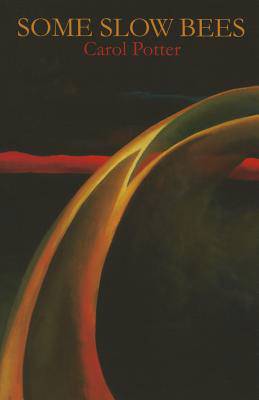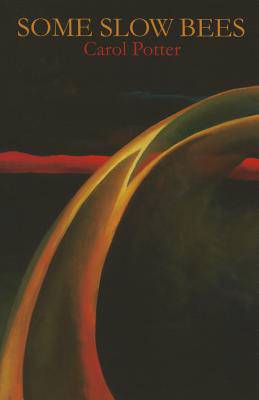
Door een staking bij bpost kan je online bestelling op dit moment iets langer onderweg zijn dan voorzien. Dringend iets nodig? Onze winkels ontvangen jou met open armen!
- Afhalen na 1 uur in een winkel met voorraad
- Gratis thuislevering in België vanaf € 30
- Ruim aanbod met 7 miljoen producten
Door een staking bij bpost kan je online bestelling op dit moment iets langer onderweg zijn dan voorzien. Dringend iets nodig? Onze winkels ontvangen jou met open armen!
- Afhalen na 1 uur in een winkel met voorraad
- Gratis thuislevering in België vanaf € 30
- Ruim aanbod met 7 miljoen producten
Zoeken
Omschrijving
Carol Potter's four previous books have earned many admirers and multiple awards. But the scope and depth of Some Slow Bees, winner of the 2014 FIELD Poetry Prize, will be a revelation even to her most devoted fans. Potter's new collection is a book about trouble, about loss: relationships, farms, parents, places. But there's also humor, a wry look at the way we invite or stumble into trouble and how we embrace the adventure. From children at their desks watching the flood leak into the schoolroom, to the narrator and her lover paddling down a river in the dark, the book charts a journey from loss to repair. It ends with a sonnet sequence, "The Miss Nancy Papers," that leads us from the psychological terrain of the 1950s into the present, where "if anyone knew what war we were coming home from / we would come home from it." This is a book about how to get lost, and how to get home.
Specificaties
Betrokkenen
- Auteur(s):
- Uitgeverij:
Inhoud
- Aantal bladzijden:
- 96
- Taal:
- Engels
Eigenschappen
- Productcode (EAN):
- 9780932440488
- Verschijningsdatum:
- 7/04/2015
- Uitvoering:
- Paperback
- Formaat:
- Trade paperback (VS)
- Afmetingen:
- 150 mm x 226 mm
- Gewicht:
- 158 g

Alleen bij Standaard Boekhandel
+ 41 punten op je klantenkaart van Standaard Boekhandel
Beoordelingen
We publiceren alleen reviews die voldoen aan de voorwaarden voor reviews. Bekijk onze voorwaarden voor reviews.











